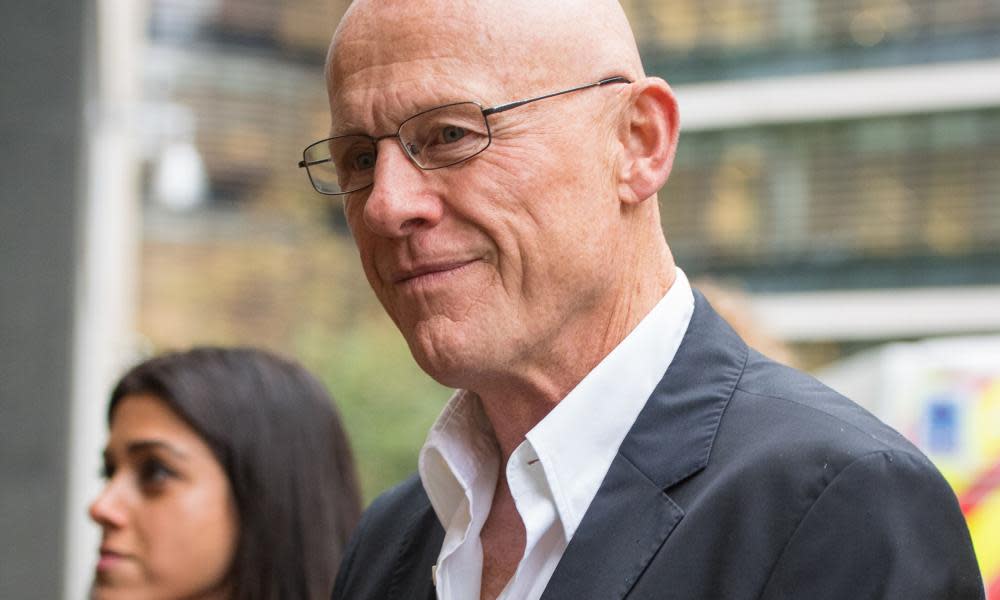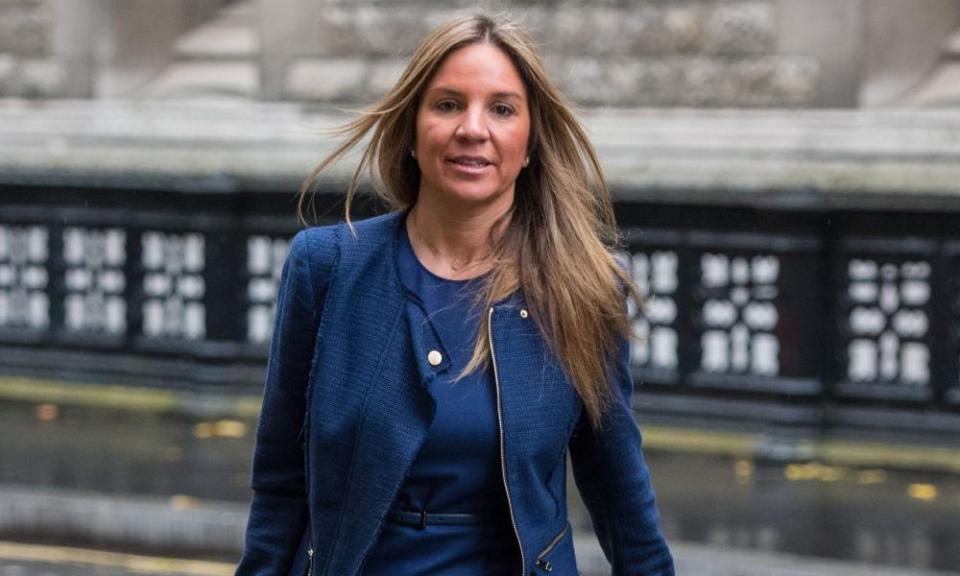Phones 4U founder 'felt bereaved' after partner's expenses claims, high court hears

John Caudwell, the founder of Phones 4U, said the breakdown of his relationship with a trusted business adviser who he regarded as a “best friend” was like suffering a “bereavement”, the high court has heard.
Caudwell was giving evidence at the high court on Friday in his legal battle with French businesswoman Nathalie Dauriac, the former chief executive of Signia Wealth, which helped to manage his personal fortune. Dauriac has been accused of fiddling her expenses.
“My view was the evidence showed that Ms Dauriac had misappropriated company money and there was a clear lack of probity on her part,” said Caudwell in his witness statement. “It appeared my trust in her had been seriously abused and the feeling was not dissimilar to a bereavement.”
Dauriac co-founded Signia Wealth with Caudwell in 2009 before a souring of their relationship led to her leaving the company in January 2015. The former Coutts banker claims she was wrongly dismissed and should have received at least £12m for her 49% stake, which was bought out for a nominal £2 fee.
Both sides dispute the allegations against them.
“She had after all been my best friend for a number of years,” said Caudwell, who likened his relationship with Dauriac to that of a sister or daughter. “It is no exaggeration to say I was devastated by these developments.”
Lawyers for Signia have told the court that Dauriac had altered references to more than £33,000 of expenses claims for items including a trip to Málaga to celebrate a friend’s birthday and gifts for her daughter and former husband.
On Friday, Tim Maycock, an accountant employed in Caudwell’s private office, also gave evidence. In November 2014 he was asked by another Signia employee to review expense records that had been downloaded from the company’s server and stored on a USB stick. The task led him to identify a number of claims as “difficult to justify as legitimate business expenses”.
Maycock’s findings triggered an investigation with Signia’s employees asked to provide details of their expense claims. When Dauriac’s expenses were submitted he found “hundreds of items” no longer tallied with the records he reviewed on the data stick.
Among the claims that had been deleted were flights for her and her husband to meet Caudwell in the Seychelles. Maycock said Dauriac knew that as members of the Caudwell “holiday gang”, the couple were expected to pay for their own transport.

Caudwell, who in his witness statement said Lyme disease meant he suffered from memory problems, said he was “extremely shocked and disgusted” that flights for Dauriac’s family and nanny to join him on private holidays, including on his yacht in the Mediterranean and ski lodge in Colorado, had been claimed from Signia.
He added he would never fly Dauriac’s family and nanny to his boat to discuss business when he was even “conscious of the train fare for her to come to visit me in Staffordshire when I might be visiting London soon”.
But Sarah Ford, QC for Dauriac, listed other expense claims for flights and gifts bought by Dauriac that had not attracted scrutiny, including flights for her and her ex-husband to join Nick and Laura Packer in the Bahamas and a present for property tycoon Nick Candy’s new baby.
There were also other instances of Dauriac recouping the cost of flights for family members that had not been challenged. “We can see repaying expenses for client expenditure is very common,” said Ford.
The court was also read an excerpt of emails between Maycock and Signia director David Canfield, in which Maycock wrote: “Hopefully there is still enough mileage in the expenses to allow John to hit her hard.” In a later email Maycock explained he was trying to appear “as cooperative as possible [with Dauriac] before telling them to sod off”.
Dauriac claims Caudwell asked her to take a lie-detector test but the entrepreneur told the court he did not recall whether he had. He regarded it as “reasonable conduct” if it helped prove someone’s innocence.
Ford asserted that the independence of the expenses inquiry was a “sham” with those involved already holding a fixed view of the outcome, to which Maycock replied: “I disagree.”
Caudwell banked more than £1.24bn in 2006 after agreeing to sell the mobile phone business he started in 1987 to two private equity investors. The chain went bust in 2014.
The hearing was adjourned until Monday.

 Yahoo News
Yahoo News 
